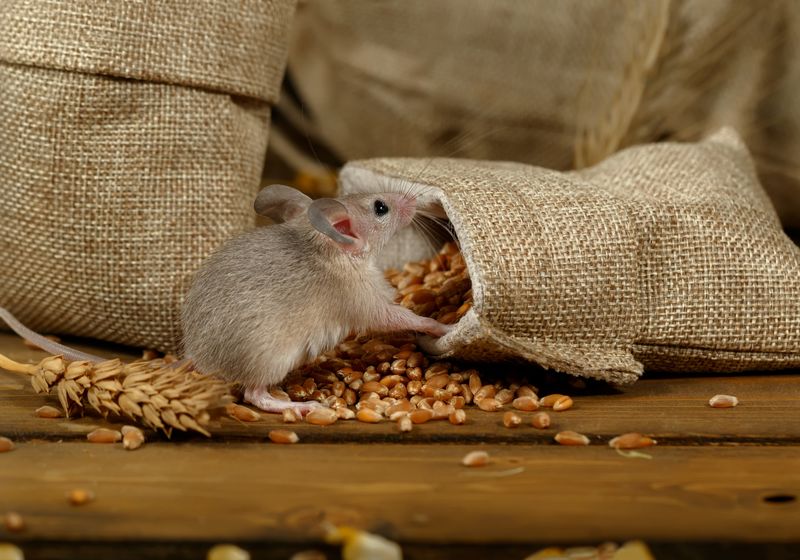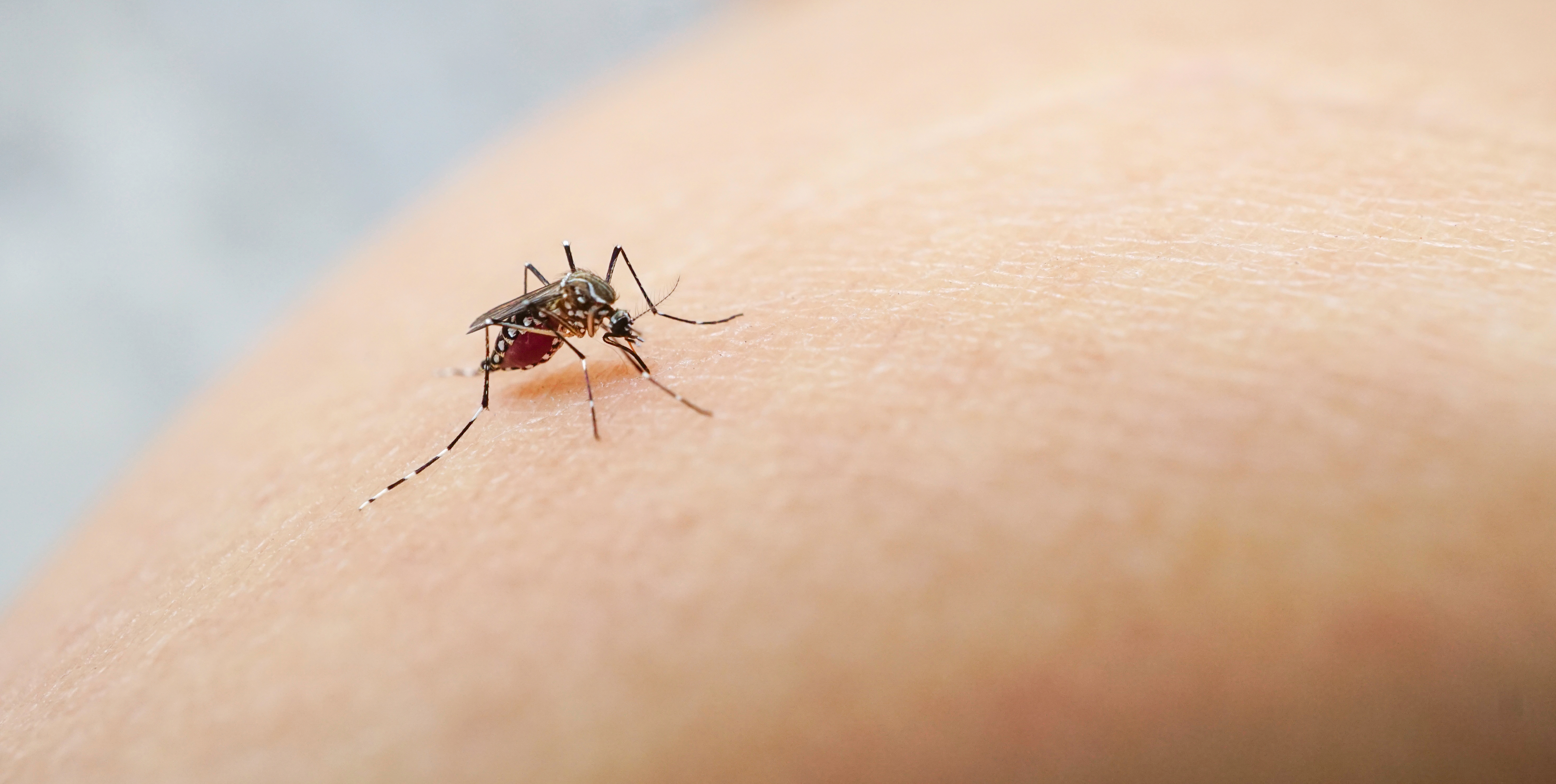Though its role in infectious disease was long overlooked by science, diet is now known to be important in the response to infections—for example, macronutrient composition and caloric density can influence the severity of disease. Now, a study published this week (November 15) in Cell Reports indicates that other properties of food can also have an effect on how the host deals with a viral infection. The authors found that mice fed a highly processed diet were more likely to die in the weeks following an influenza infection than were mice that ate grain-based food. The findings may have important, broader implications for research with laboratory animals, which are often fed highly processed or grain-based chow with the assumption that they are equivalent.
See “Gut Microbiome May Help or Hinder Defenses Against SARS-CoV-2”
The idea to compare the two diets grew out of a collaboration between immunologist Carl Feng and nutritional biologist Stephen Simpson, both at the University of Sydney, to explore the role of nutrition in the response to infections, says Feng. The first question they faced, he adds, was which diet to use as a control, since researchers use grain-based and purified diets interchangeably in this type of mouse studies. Both diets have equivalent protein, carbohydrates, and fat energy content, but differ in terms of ingredients and levels of micronutrients/vitamins. Additionally, the purified diets have been ultra-processed and are lower in fiber.
Their comparison led to a few surprises, Feng says. Under normal conditions, female mice eating either diet showed no significant differences in metabolic responses. For example, both groups showed similar weight gain and energy expenditure. However, when the mice were infected with the influenza A virus after three weeks on either diet, some differences became visible. All of the mice on the grain diet started regaining weight 10 days after infection, while none of those on the ultra-processed diet did. Instead, all of the mice on the ultra-processed diet succumbed to infection by day 14.
Diet is much more than calories.
—Ruslan Medzhitov, Yale School of Medicine
Feng and his colleagues found that this striking difference in survival was not related to a lack of immune response to the virus. Rather, the ultra-processed diet impaired the recovery phase, their analyses suggested. For instance, compared with the grain-fed mice, those on the highly processed diet consumed less food throughout the first nine days after infection, had a markedly cooler core temperature after day 7, and showed impaired glucose uptake on day 9.
Based on the fact that interferon (IFN)-γ, a signaling protein released by infected cells, has been associated with hypothermia in mice, Feng and his colleagues also tested its potential role in the different outcomes between both groups. By using a mouse mutant lacking a receptor for this cytokine, they found that mutants on the highly processed diet regained body weight and temperature similarly to wildtype mice on the grain diet. This suggests that IFN-γ is mediating the outcome triggered by the ultra-processed diet, the authors say, but the details of this association are unknown.
See “Gut Microbes Help Coordinate Immune Activity in Mice”
The difference in mortality dependent on the diet is “very impressive,” says Yale School of Medicine immunologist Ruslan Medzhitov, who was not involved in this study. “The big question now [is] what exactly in that diet makes the difference.”
This is “a very interesting paper” and the overarching conclusions—for example, that diet formulation plays a role in maintaining homeostasis after an infection—“are robust and supported by this research,” Philip Calder, a nutritional immunologist at the University of Southampton, writes in an email to The Scientist. However, he adds that these results do not “support that ultraprocessed foods are responsible for the adverse effects” observed. These diets have significant differences in terms of vitamins and minerals, Calder notes. “Many of these micronutrients are vital to the immune system,” so the reduced amount of micronutrients in the highly processed diet “could be an alternative explanation to ultraprocessing,” says Calder, who did not participate in this study.
Feng acknowledges that those other variables may indeed contribute to the survival difference between the diets, and at the moment, these differences cannot be attributed conclusively to the high level of processing or to any specific dietary component.
Feng adds that translating this mouse work to what might happen in humans is currently very difficult. But he stresses the importance of this work for animal research, arguing that paying more attention to the diets used as controls will help improve the reproducibility of experiments. “To us, that is a very important message,” he says. Calder concurs: “This study highlights something really important”—namely, that the two diets “are not the same and can produce different outcomes,” and comparisons assuming they are equal “are seriously flawed and should not be made.”
Medzhitov notes that this paper adds to a body of research over the past few years supporting “that diet has an important impact on the immune system.” He adds that people in industrialized countries are probably not conscious enough of how our diets affect our health under different conditions. “Most of the focus has been on increased calorie intake and associated metabolic diseases, but diet is much more than calories.”














